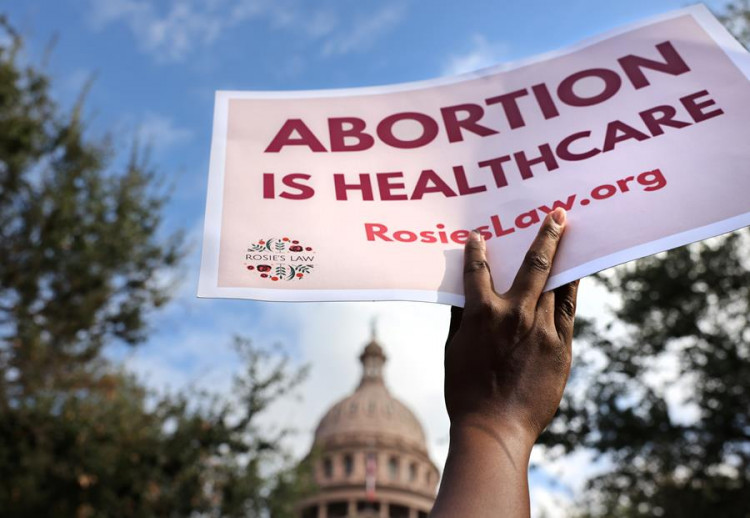The U.S. Supreme Court found itself at the center of controversy after an opinion related to a high-profile Idaho abortion case was accidentally posted online and then quickly removed. This incident has raised questions about the court's handling of sensitive cases and the implications for abortion rights across the country.
On Wednesday, the Supreme Court's Publications Unit inadvertently uploaded a document related to the cases of Moyle v. United States and Idaho v. United States. The cases focus on the ability of doctors in Idaho to perform abortions in medical emergencies. According to Patricia McCabe, the court's public information officer, "The opinion in Moyle v. United States, No. 23-726, and Idaho v. United States, No. 23-727, has not been released. The Court's opinion in these cases will be issued in due course."
The draft opinion, which appeared briefly on the Supreme Court's website, suggested a 6-to-3 majority ruling that the appeal should not have been taken up, effectively reinstating a lower court ruling. This would allow hospitals in Idaho to provide abortions in medical emergencies, though it would leave the broader issue of the state's strict 2022 abortion ban unresolved. The draft indicated that Justices Clarence Thomas, Samuel Alito, and Neil Gorsuch dissented.
Reproductive rights advocates have expressed mixed feelings about the draft opinion. Mini Timmaraju, CEO of Reproductive Freedom for All, told CNN, "The abortion bans that are putting people's lives on the line in the first place will continue to remain on the books." The sentiment highlights the ongoing battle for reproductive rights in the U.S., as similar cases continue to surface in various states.
The Idaho case is part of a larger legal battle over abortion rights in the U.S. In Texas, another challenge to the state's strict abortion ban, seeking to expand medical exemptions, is progressing through the courts. The Idaho decision incident also follows the unprecedented leak in 2022 of a draft opinion overturning Roe v. Wade, which granted constitutional protection for abortion rights.
The accidental posting has caused a stir within the legal community and among the public. Greer Donley, a reproductive law scholar at the University of Pittsburgh School of Law, noted that the Supreme Court might be hesitant to make a substantive abortion ruling during an election year. "The decision has not been officially released, and the justices' final ruling will be issued in due course," McCabe reiterated, emphasizing the court's commitment to due process despite the mishap.
A recent poll by The Associated Press-NORC Center for Public Affairs Research found that approximately 70% of U.S. adults support protecting access to abortions for patients experiencing miscarriages or other pregnancy-related emergencies. This reflects a significant public backing for the right to emergency medical care, even in states with stringent abortion laws like Idaho.
The Supreme Court's earlier order allowed Idaho's abortion ban to go into effect temporarily, even in medical emergencies. This led to cases where women required medical airlifts out of state for emergency abortions. Xavier Becerra, the nation's top health official, met with Idaho doctors and patients to discuss the implications of the state's strict abortion ban. Dr. Sarah Thompson, an Idaho OB/GYN, highlighted the risks to women's health, stating, "While there's nothing we can do to save her baby, there is something we can do to preserve her health and her future fertility."
The Supreme Court's eventual ruling will have significant implications. If the court sides with Idaho, it could create a precedent where women might have to endure severe health risks before receiving necessary medical care. The Justice Department's lawsuit argues that under the Emergency Medical Treatment and Labor Act (EMTALA), hospitals must provide stabilizing care, including emergency abortions if necessary.
The ongoing legal battles and public debates indicate that abortion rights will remain a contentious issue in the U.S. for the foreseeable future. Rachel Rebouche, dean of the Temple University Beasley School of Law, suggested that the case is likely to return to the Supreme Court. "Nearly 38 million people live in the 5th Circuit. That's a lot of people whose lives aren't changed at all by this," she noted, underscoring the widespread impact of these legal decisions.






